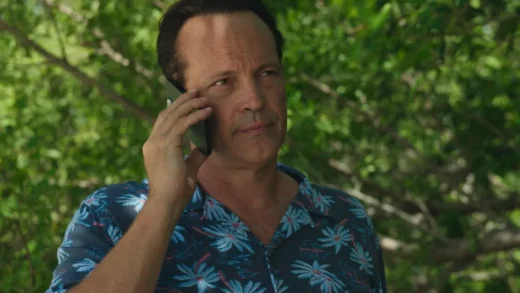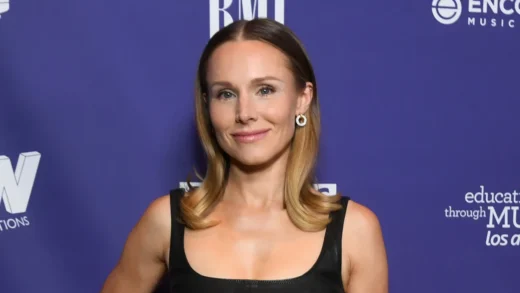While accepting the final statuette at Wednesday night’s Crystal + Lucy Awards, future “Captain Marvel” star Brie Larson chose not to devote her stage time to the expected topics of #MeToo and the Time’s Up movement. She also had no interest in thanking her family or “talking about her publicist.” Instead, she wanted to address “an issue that’s been bubbling”: the lack of representation among film critics.
On Monday, the USC Annenberg Inclusion Initiative — led by Dr. Stacy L. Smith, honored earlier at the ceremony by Frances McDormand — released a report that examined nearly 20,000 reviews of last year’s 100 top-grossing movies. The report found that 63.9 percent of those reviews were written by white men, versus white women (18.1 percent), underrepresented men (13.8 percent), and underrepresented women (4.1 percent).
“Am I saying I hate white dudes?” asked the Oscar-winning “Room” actress, a question that she’d repeat twice more during her speech. She answered with a sneer, “No, I’m not … [but if] you make the movie that is a love letter to women of color, there is an insanely low chance a woman of color will have a chance to see your movie and review your movie.”
Larson continued, “[Audiences] are not allowed enough chances to read public discourse on these films by the people that the films were made for. I do not need a 40-year-old white dude to tell me what didn’t work for him about ‘[A] Wrinkle in Time.’ It wasn’t made for him. I want to know what it meant to women of color, to biracial women, to teen women of color, to teens that are biracial.”
The Annenberg report noted that the national demographic breakdown for the aforementioned groups is 30/30/20/20. Larson advocated for more diversity among reporters and photographers assigned to red carpets and junkets, and a forthcoming, unnamed tool that will help studios find critics from minority groups.
In addition, she announced that the Sundance Institute has pledged to give at least 20 percent of their top-tier press passes at next year’s Sundance Film Festival to underrepresented groups. The Toronto Film Festival is eyeing a similar goal for this September, she said.
(Excerpt) Read more in: IndieWire





